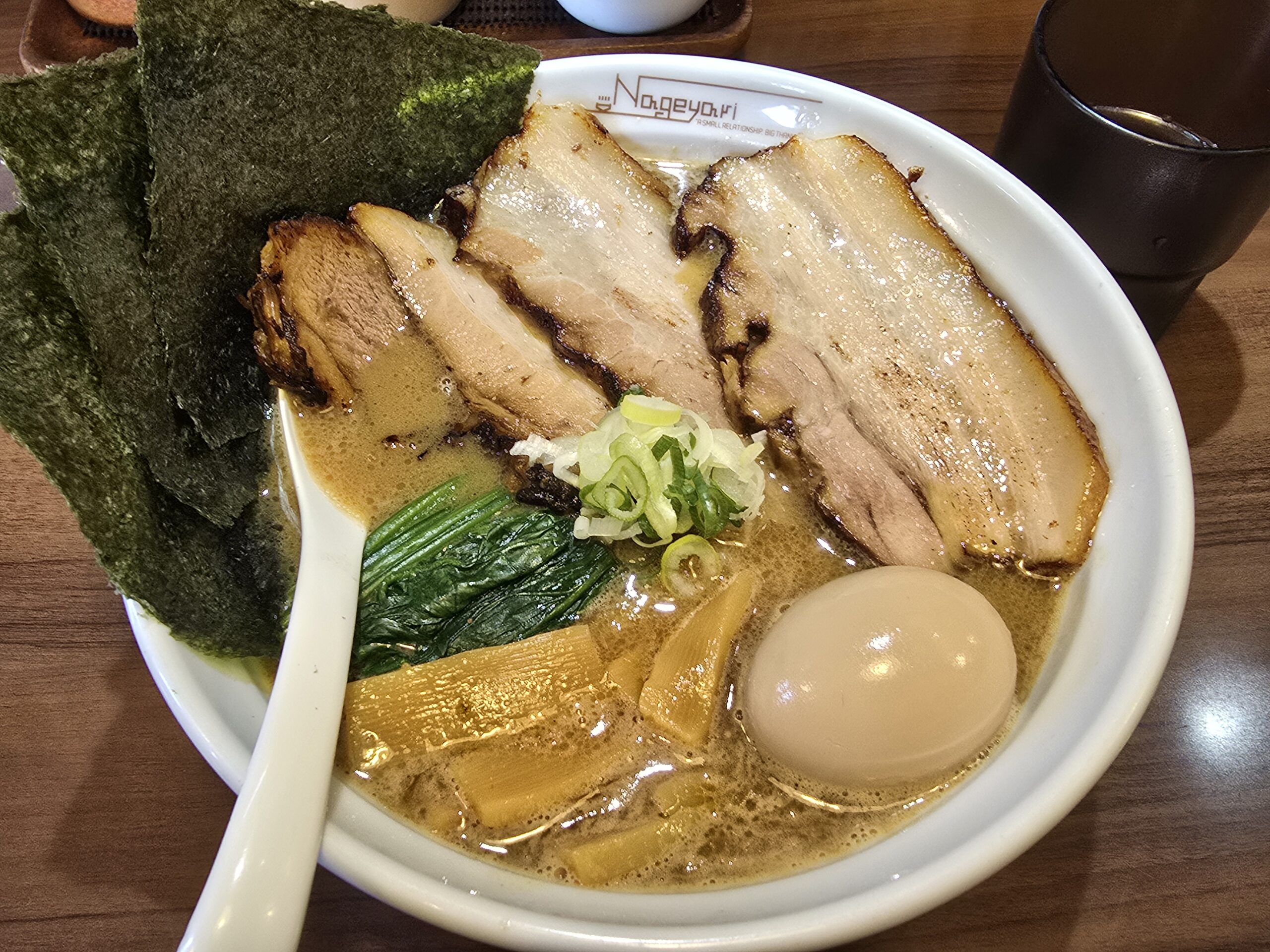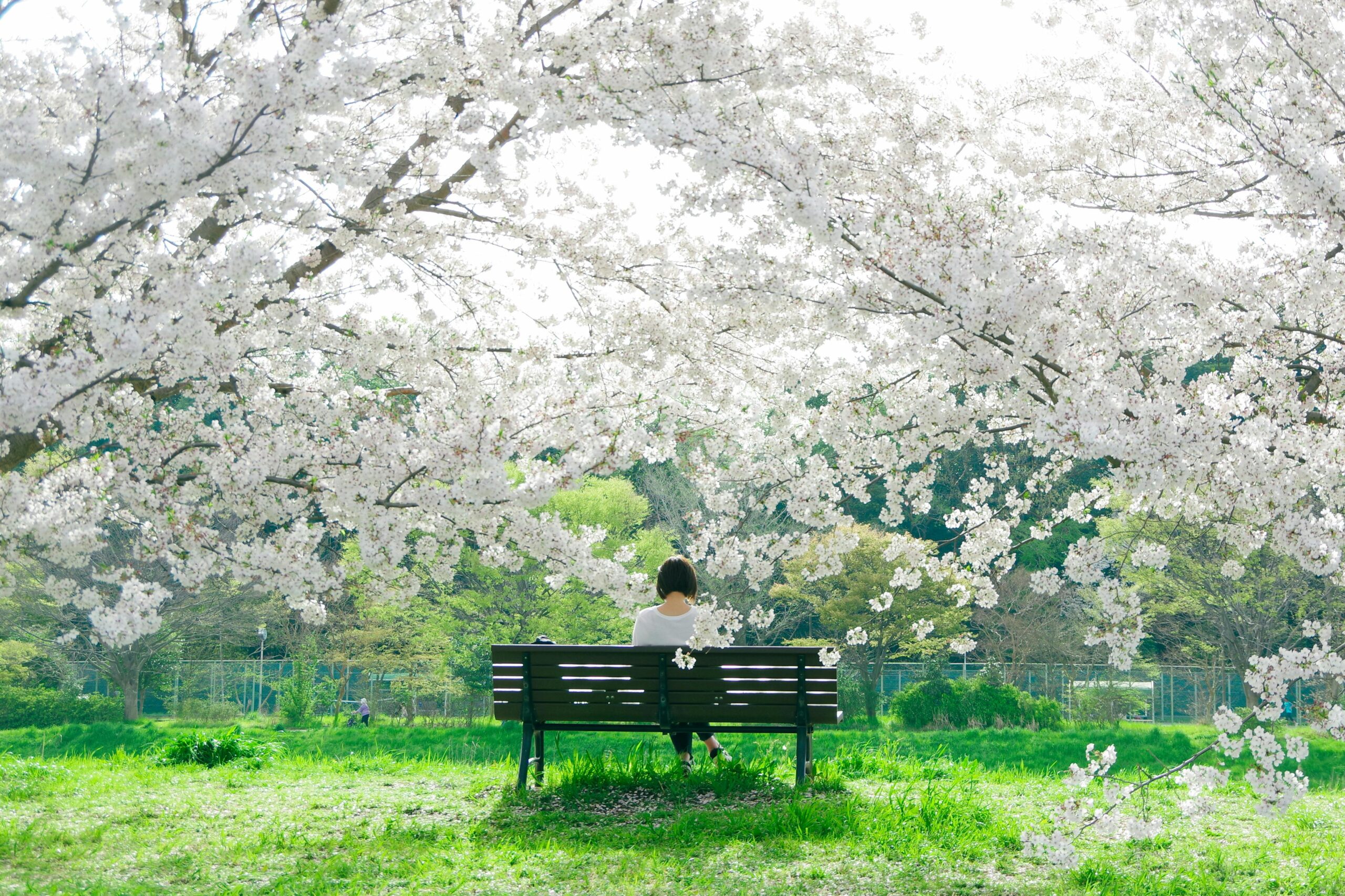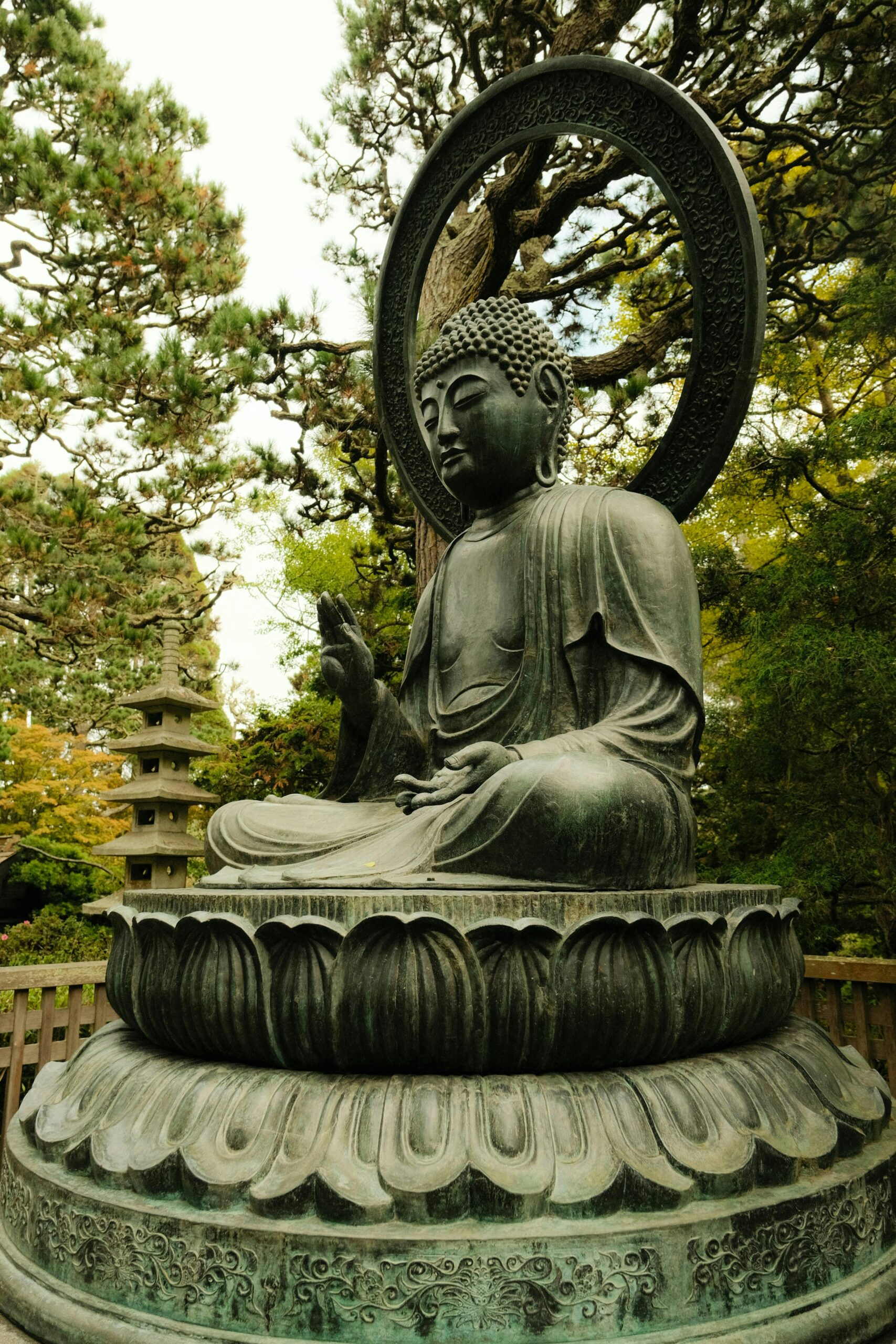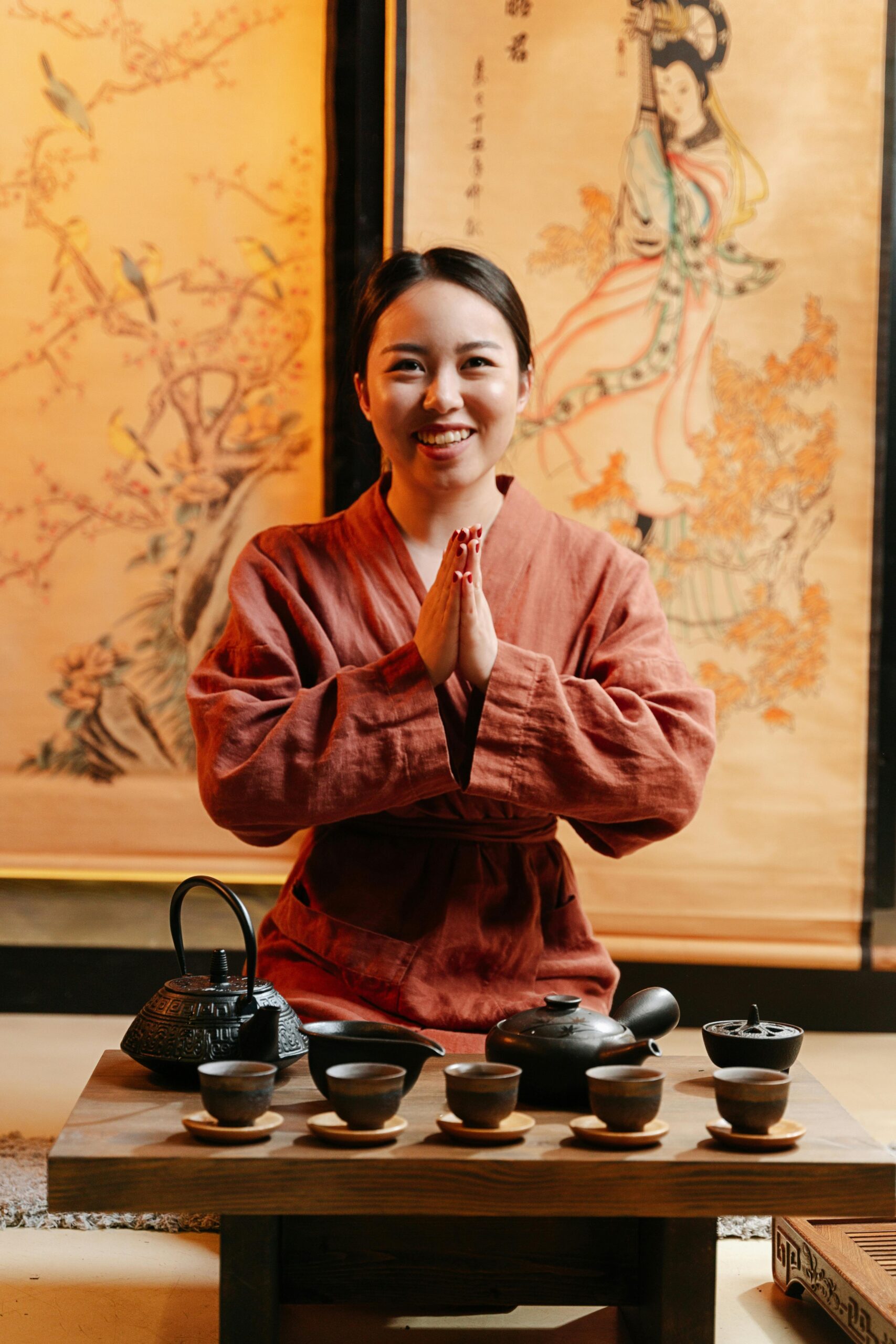Category: Life in Japan
-
Useful Japanese Phrases I Use Every Day at Work
From “ohayou gozaimasu” to “otsukaresama desu,” my day as a caregiver in Japan is filled with gentle phrases that show teamwork, care, and respect.
Written by

-
What Is a “Day Service” in Japan?
Every day service in Japan is unique — each with its own rhythm and personality. Here’s what daily life looks like at the warm, café-style day service where I work in Gifu.
Written by

-
How I Got My Caregiver Job in Japan
From Chicago nurse to Gifu caregiver — this is how I found my first caregiving job in Japan. It wasn’t easy, but it became one of the most meaningful choices of my life.
Written by

-
Ramen Dates in Gifu, Vol. 1 — Nageyari’s Famous Pork & Seafood Bowl
One of our favorite weekend traditions is what I like to call our “ramen date.”No fancy plans — just me and my husband going out to slurp noodles somewhere new. This time, we finally tried Nageyari (なげやり) — a well-known ramen shop in Gifu City that’s often featured on YouTube and Japanese TV shows. It’s…
Written by

-
A Morning at 251 Café – Simple, Cozy, and Worth the Wait
Hidden in Gifu, 251 Café (ニコイチカフェ) offers a warm and minimalist space perfect for slow mornings. Enjoy a beautiful Morning Set with croissant, salad, and latte — simple, cozy, and worth the wait.
Written by

-
Understanding “気分転換 (Kibun Tenkan)” — The Japanese Art of Refreshing the Mind
In Japan, kibun tenkan means taking a gentle pause to refresh your mood. Through my caregiving work and daily life, I’ve learned that even a small moment — a walk, a cup of tea, a quiet breath — can change everything.
Written by

-
Osewa ni Natte Orimasu” Meaning and Usage — How to Use Japan’s Polite Expression of Gratitude
In Japan, you’ll often hear the phrase “Osewa ni natte orimasu.” It’s more than just “thank you” — it reflects gratitude, humility, and the value of human connection. Here’s what it really means and how to use it naturally in daily life and work.
Written by

-
Understanding “Otsukaresama Desu”: A Small Phrase That Holds Japan’s Heart
When I first started working in Japan, I noticed one phrase floating around the workplace more than any other: “Otsukaresama desu.” People said it so often—after meetings, after lunch, even in the middle of the day. At first, I wasn’t sure what it really meant. But over time, I realized that this simple phrase carries…
Written by

-
Why Tipping Doesn’t Belong in Japan: Culture, Values, and What It Means for the Future
In many countries, tipping is polite—even necessary. But in Japan, leaving extra money on the table isn’t just unusual—it can cause confusion. The Japanese approach to service is rooted in pride, fairness, and omotenashi (hospitality without expectation). In this article, I’ll share why tipping isn’t part of Japanese culture, when it might be acceptable, and…
Written by

-
Experiencing Japanese Hospitality at Work – Tea Time and Omotenashi
Omotenashi, often translated as “Japanese hospitality,” is more than service—it’s a mindset of thoughtfulness, respect, and anticipating needs. My first true experience with omotenashi happened not at a restaurant or hotel, but at work, during a training session. That moment shaped the way I see Japanese culture, and even how I approach my own role…
Written by

